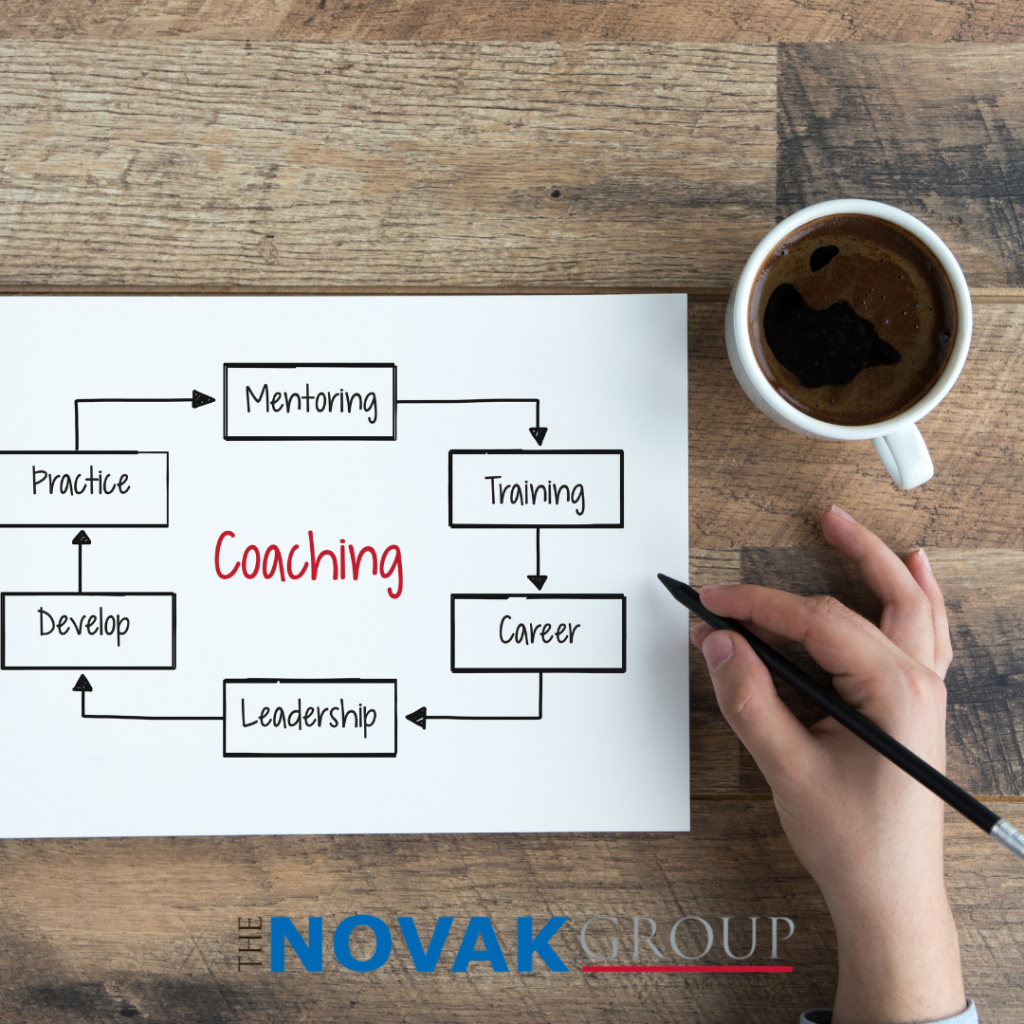How to Run One-on-Ones That Drive Performance (Not Just Reports)
If you’re a sales manager, you know one-on-one meetings are a staple of your leadership calendar. But here’s the hard truth: too many of these meetings end up as status updates instead of performance drivers. When done right, one-on-ones can be the most powerful tool in your leadership toolkit—fueling individual growth, team alignment, and stronger sales results.
In this blog, we’ll walk through practical strategies to elevate your one-on-ones from routine check-ins to high-impact coaching sessions.
1. Shift the Mindset: This Is Their Time, Not Yours
The most effective one-on-ones are rep-focused, not manager-led. Your role is to guide, listen, and remove roadblocks—not dominate the agenda. Encourage your rep to come prepared with wins, challenges, and areas they’d like coaching on.
Pro tip: Have them answer three prompts before every one-on-one:
What’s going well?
Where are you stuck?
What do you need from me?
This sets a tone of ownership and collaboration.
2. Start With Wins (Always)
Leading with positive reinforcement builds confidence and sets a productive tone. Acknowledge recent wins, no matter how small: a booked demo, a difficult client call navigated well, or consistent CRM hygiene. Wins remind your reps they’re making progress—and momentum is a powerful motivator.
3.Dig Into the “Why” Behind the Metrics
Of course, metrics matter. But instead of just reviewing numbers, ask questions that uncover meaning behind the data. If pipeline coverage is down, why? If close rate dipped, what changed in their pitch or follow-up strategy?
Sample questions to ask:
“What felt different about the deals you closed this week?”
“Which opportunity feels most stuck—and why?”
“What’s one call you wish you could do over?”
This approach moves the conversation from tracking performance to improving it.
4. Provide Specific, Actionable Coaching
Generic advice like “follow up more” or “build better rapport” doesn’t help. Coaching should be tailored to the individual, their current challenges, and their skill gaps. If a rep struggles with discovery, role-play part of their call script. If they’re anxious about negotiation, walk through objection-handling tactics together.
Coaching tip: Focus on one key skill area per session. Mastery beats multitasking.
5. Set Clear Commitments
End every one-on-one with one or two specific commitments:
“This week, I’ll run a new discovery call outline with three prospects.”
“By Friday, I’ll update close dates on all active deals.”
These aren’t tasks—they’re habits in development. Track follow-through, and celebrate consistency.
6. Document, Reflect, Repeat
Take notes during each one-on-one and revisit them regularly. This helps you track growth and follow up with intention. Plus, it signals to your reps that their development matters to you—not just their pipeline.
Bonus: Use a consistent format or shared doc so both of you are aligned over time.
Final Thought: Don’t Just Manage—Coach
One-on-ones are more than a calendar item. They’re where culture is reinforced, coaching happens, and performance takes shape. When you shift from reporting to real conversation, you help your reps grow faster—and your results follow.
Want help developing a high-performance sales team? At The Novak Group, we coach sales leaders to lead with clarity, confidence, and impact. Reach out to learn more.
#Sales #SalesManagers #CEO #SalesSuccess #SalesCoach #TheNovakGroup #TodNovak

